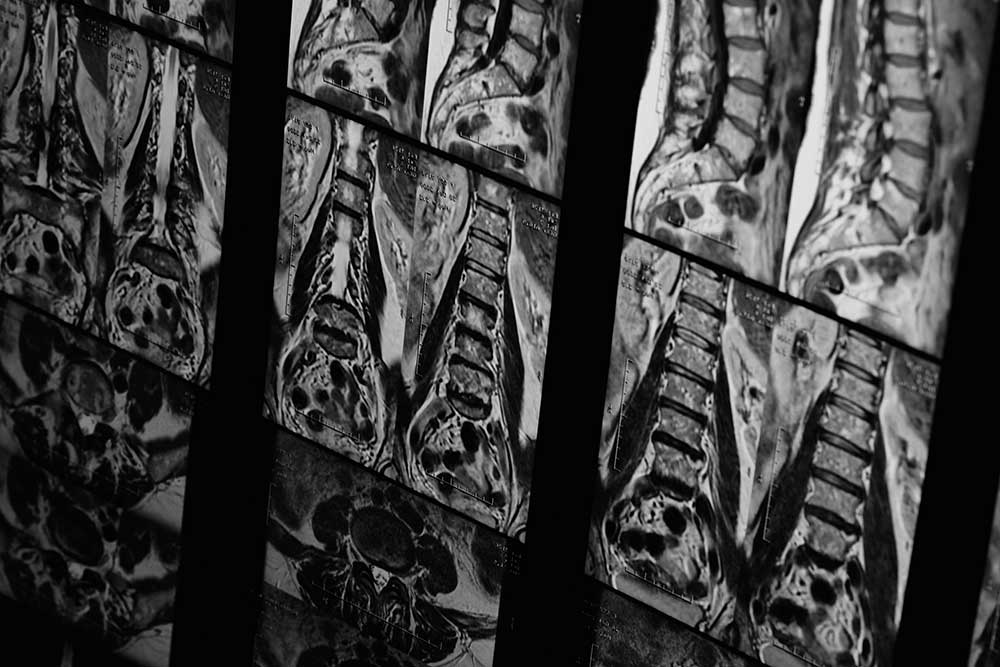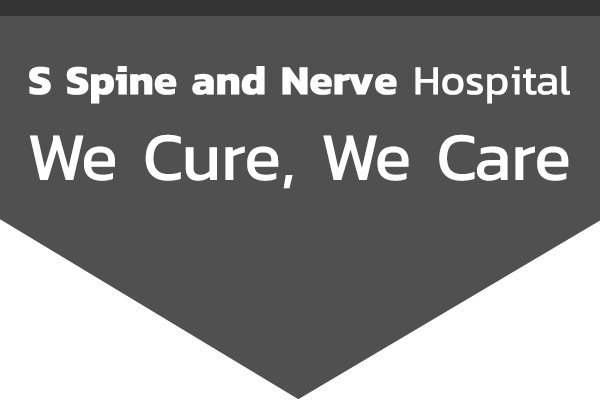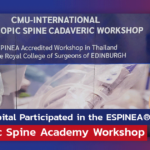Open MRI to Find Root Cause of Pain
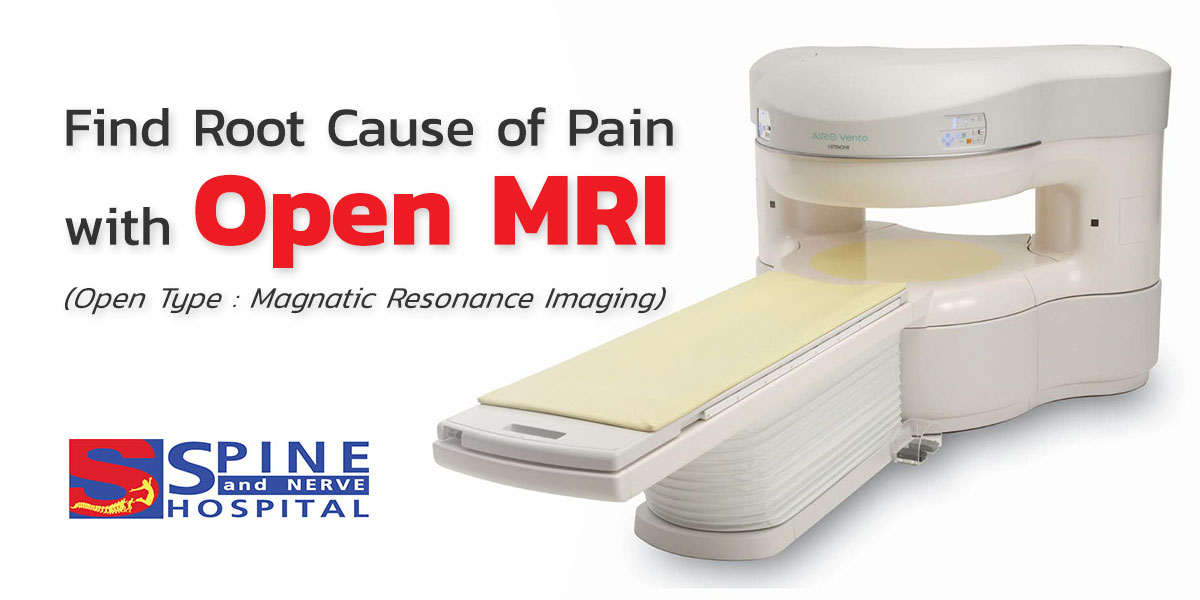
New Innovation for Greater Comfort: Open MRI to Avoid Claustrophobia
Greater relaxation, less anxiety, and allows loved ones to be near
Magnetic resonance imaging (MRI)

Magnetic resonance imaging (MRI) is a medical imaging technique used to help in the diagnosis of root causes of illnesses. MRI scanners use radio waves to stimulate targeted organs in a magnetic field. The stimulated tissues will receive the energy from the radio waves which will transform them once the radio wave signal is stopped. These tissues will then release the radio wave energy which translates into imaging. Each organ will release different amounts of energy so the imaging will see the contrast between different organs. The imaging data is released in volumes so the image is very detailed and gives an accurate portrayal of organs. Moreover, MRI scanners are safer than CT scanners.
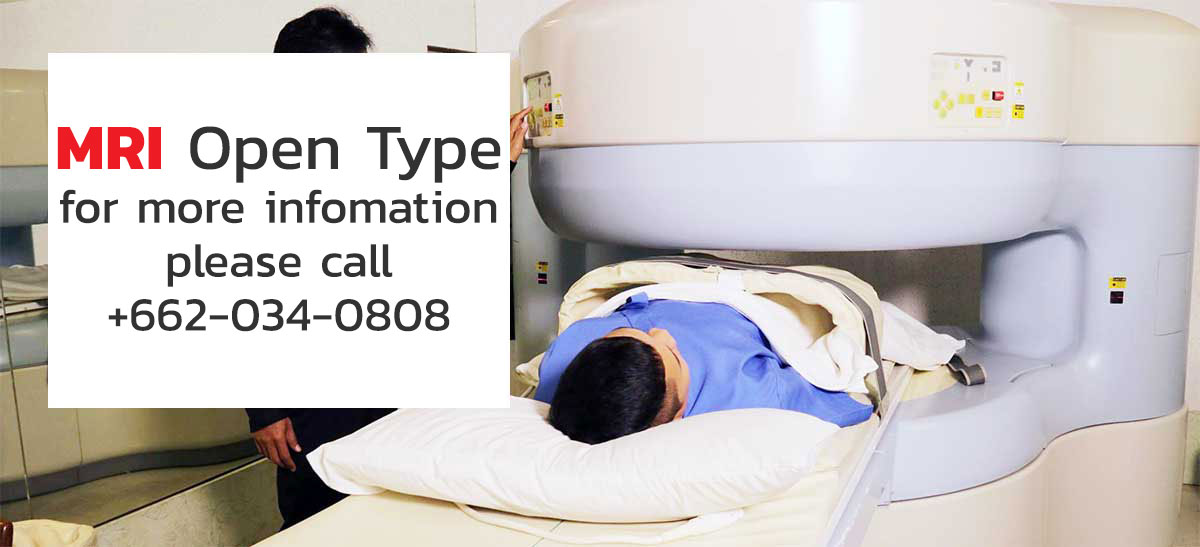
An Open MRI is an MRI scanner which is opened and is different from the narrow and confining tube of normal MRI scanners. The patient will not feel claustrophobic and can even enjoy music as the noise level of the machine is considerably less than normal MRI scanners. The Open MRI utilizes the latest software to give a clear and accurate imaging in less time and can be used for the following parts of the body:
- Head and neck to find abnormalities in the brain, with the cerebrospinal fluid, and any tumor;
- Spine and spinal cord to find abnormalities in the spine and spinal cord and herniated disc injuries;
- Musculoskeletal system;
- Abdomen and chest; and
- Vascular system.
Preparations for MRI
Due to the fact that the Open MRI scan is a detailed procedure, it will take around 20-40 minutes depending on the parts of the body to be scanned. The patient doesn’t need advanced preparation unless it is a scan of the digestive area whereby the patient should refrain from food and drinks 4 hours prior to the procedure.
Prohibitions for MRI

- Do not bring any electronic devices into the room such as credit cards, mobile phones, metal items, etc.
- Patients with a pacemaker cannot undergo an MRI scan.
- Patients with aneurysm clips in their blood vessels cannot undergo an MRI scan.


